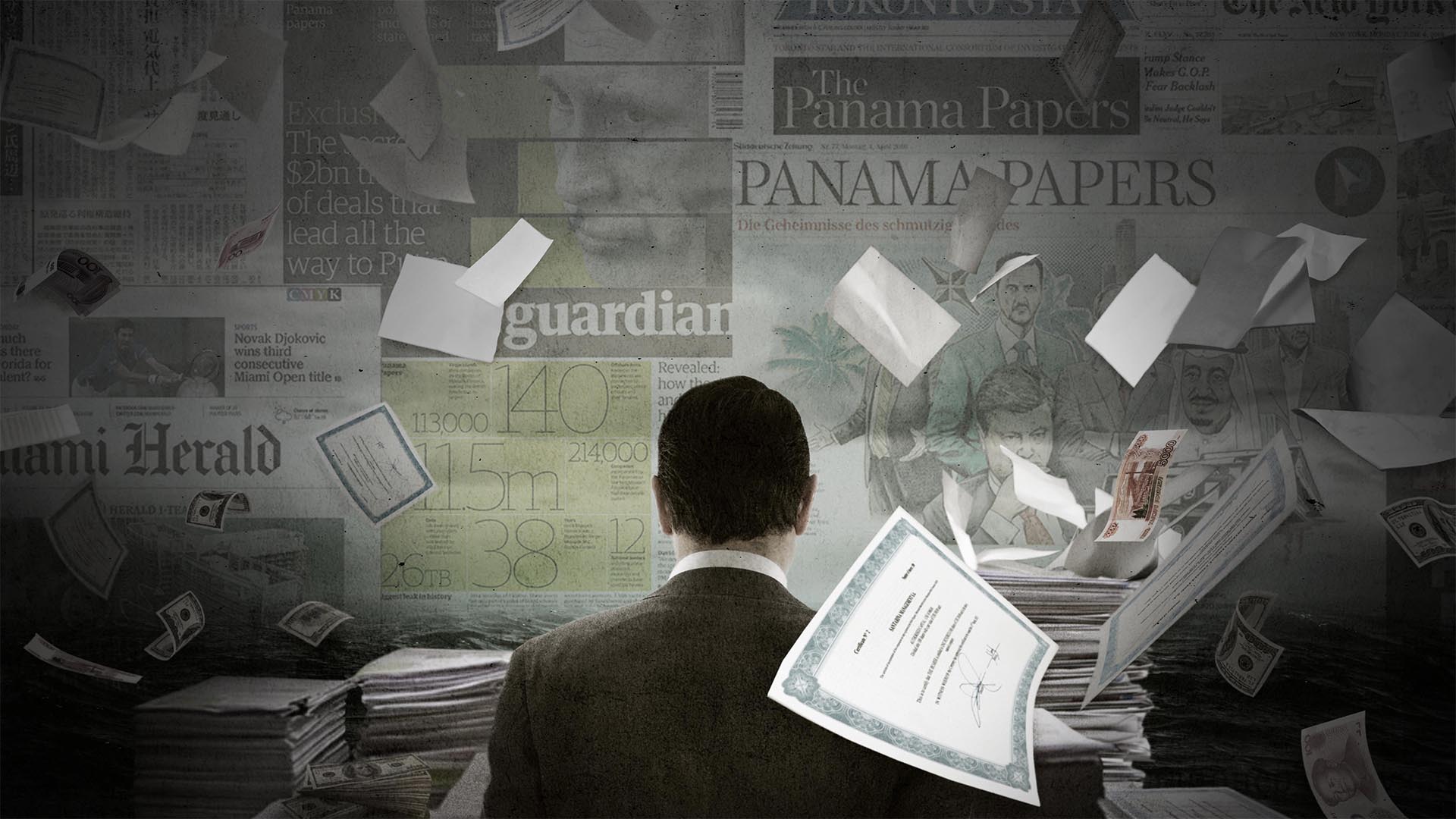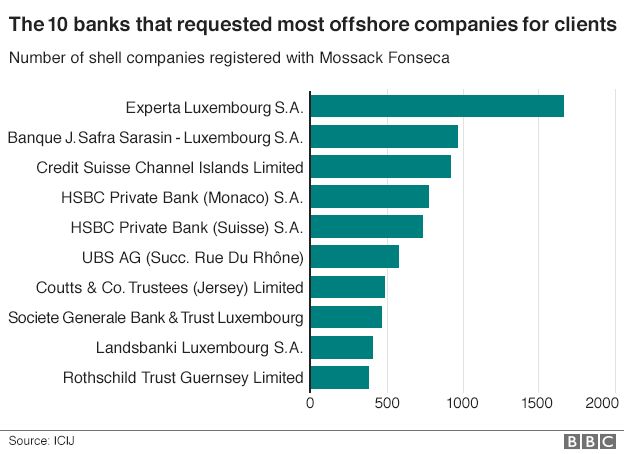The Panama Papers scandal, which broke in April 2016, sent shockwaves through the political and financial worlds by revealing the vast network of offshore tax havens used by some of the world's wealthiest and most powerful individuals and organizations. The leak of more than 11 million confidential documents from Panamanian law firm Mossack Fonseca provided a glimpse into the secretive world of offshore finance and the ways in which it can be used to evade taxes, launder money, and influence politics.
One of the key takeaways from the Panama Papers scandal is the extent to which offshore tax havens are used to influence politics. The leaked documents revealed that many of the individuals and organizations using Mossack Fonseca's services were involved in politics, including heads of state, politicians, and political parties. In some cases, the offshore companies and trusts set up by these individuals were used to channel money into political campaigns and lobbying efforts.
The Panama Papers also exposed the ways in which offshore tax havens can be used to evade taxes and launder money. The leaked documents revealed that many of the individuals and organizations using Mossack Fonseca's services had set up offshore companies and trusts to hide their assets and income from tax authorities. In some cases, these offshore entities were used to launder money obtained through illegal activities such as corruption and embezzlement.
The impact of the Panama Papers scandal was felt around the world, as governments and financial institutions scrambled to respond to the revelations. In the wake of the leak, several governments launched investigations and criminal prosecutions against individuals and organizations implicated in the papers. Some countries also introduced new laws and regulations aimed at cracking down on offshore tax havens and money laundering.
The Panama Papers scandal also highlighted the need for greater transparency and accountability in the financial sector. The leaked documents revealed that many of the world's largest banks had helped their clients set up offshore companies and trusts, and in some cases had even provided them with services such as account management and banking. The scandal led to calls for greater oversight of the financial sector and for stricter regulations to prevent similar abuses in the future.
In conclusion, the Panama Papers scandal provided a stark reminder of the political and financial implications of offshore tax havens. The leaked documents revealed the extent to which these secretive financial instruments can be used to influence politics, evade taxes, and launder money. It also highlighted the need for greater transparency and accountability in the financial sector and for stricter regulations to prevent similar abuses in the future.
Special Note: If anyone is interested in more information about the Panama Papers scandal please read this book.
https://www.amazon.in/Panama-Papers-Trailblazing-Offshore-Investigation/dp/0670092142
 |
| credits amazon.com |



Comments
Post a Comment